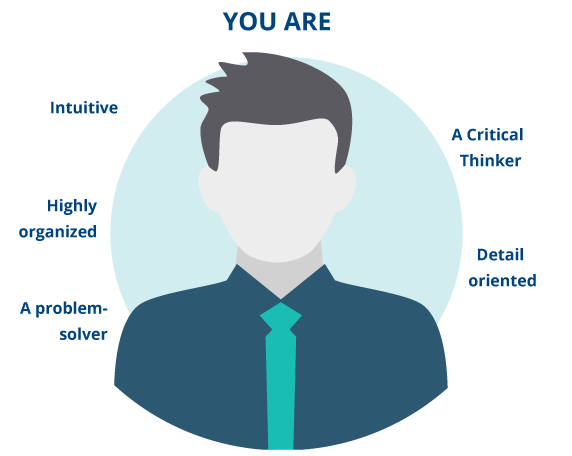How to Become an Industrial-Organizational Psychologist
Education and Careers
For a company to be successful, it must operate smoothly and efficiently. When employees are happy and healthy at work, everyone wins. Conflicts, when they arise, are resolved quickly. And all this is at the heart of organizational psychology. Organizational psychology is as diverse a field as you could imagine, with all the different kinds of companies that might employ I/O psychologists either as staff members or as consultants.
What Organizational Psychologists Do

Organizational psychologists apply psychological principles and research methods to the workplace. They get a feel for the personality of a company and the morale of employees, they collaborate with management to conduct screenings and training sessions, and they develop plans so that employees and managers can work effectively toward company goals.
They also help businesses hire the best employees, assess job performance, increase business efficiency, and study consumer behavior to improve marketing and increase sales. If this sounds like the kind of job you’d like, keep reading to learn what education and skills you’ll need to succeed.
Skills You Need

Learn which personality traits and professional skills you’ll need to be a successful industrial-organizational psychologist.
You should have…
- Good communication skills
- Desire to collaborate
- Goal-setting skills
- Ability to focus
- Motivational skills
How to Become an Organizational Psychologist
Licensing and certification guidelines for school psychologists vary by state. If your state deems I/O practitioners as psychologists, then licensing is usually required. However, not all states have made this decision. To know exactly what steps to take, consult with your state regulatory board.
Step 1: Get a Bachelor’s Degree
Earn an undergraduate degree with a psychology major. However, this is just the first step because psychologists ultimately need a doctoral degree.
Step 2: Earn a Master’s Degree
A master’s degree in psychology is the next step. Here you’ll deepen your knowledge, and get theoretical and hands-on experience.
Step 3: Get a Doctoral Degree
While not always required, some people will want a PhD or PsyD to truly excel. A doctorate will require written and oral exams, and a dissertation presenting your original research.
Step 4: Supervised Work Experience
To become an I/O psychologist, you’ll need supervised work experience. The number of hours of this supervision will depend on your state’s requirements.
Step 5: Pass the Psychology Exam
You will need to pass the Examination for Professional Practice in Psychology. If you have any questions, contact the Association of State and Provincial Psychology Boards.
Step 6: Apply for Licensure in Your State
In order to practice psychology, you must be licensed by your state psychology board. Most states require approximately two years of supervised experience after your PhD.
You should choose an accredited program, whether you seek online or traditional classes. The American Psychological Association (APA) doesn’t accredit industrial-organizational programs because they consider a client of an I/O psychologist to be an organization and not a person. However, you can find psychology schools with institutional accreditation from the Higher Learning Commission. Your program must be accredited in order to apply for federal financial aid to help you pay for school.
I/O psychologists have great flexibility when it comes to work options. I/O psychologists can work as consultants or on staff at an organization. Private practice or consultancy can offer variety, but if you’re new to the field with few clients, you’ll have to work hard at marketing yourself and getting referrals. Being employed at a school, workplace, or other organization can offer employer-paid benefits and the chance to learn from experienced colleagues.
Salary and Job Growth
Organizational psychologists certainly make a great salary. But salaries can vary a lot based on location, years of experience and a variety of other factors. Here are median annual salaries for comparative jobs, from the U.S. Bureau of Labor Statistics 2023 Occupational Employment Statistics.

$147,420
Organizational Psychologists

$96,100
Clinical and Counseling Psychologists

$84,940
School Psychologists

$117,750
All other Psychologists
Employment of organizational psychologists is expected to grow 5.9% through 2032. National long-term projections of employment growth may not reflect local and/or short-term economic or job conditions, and do not guarantee actual job growth.
Job Growth
5.9%
Related Occupations
Here are some other fields you might like if organizational psychology isn’t exactly what you’re looking for:






